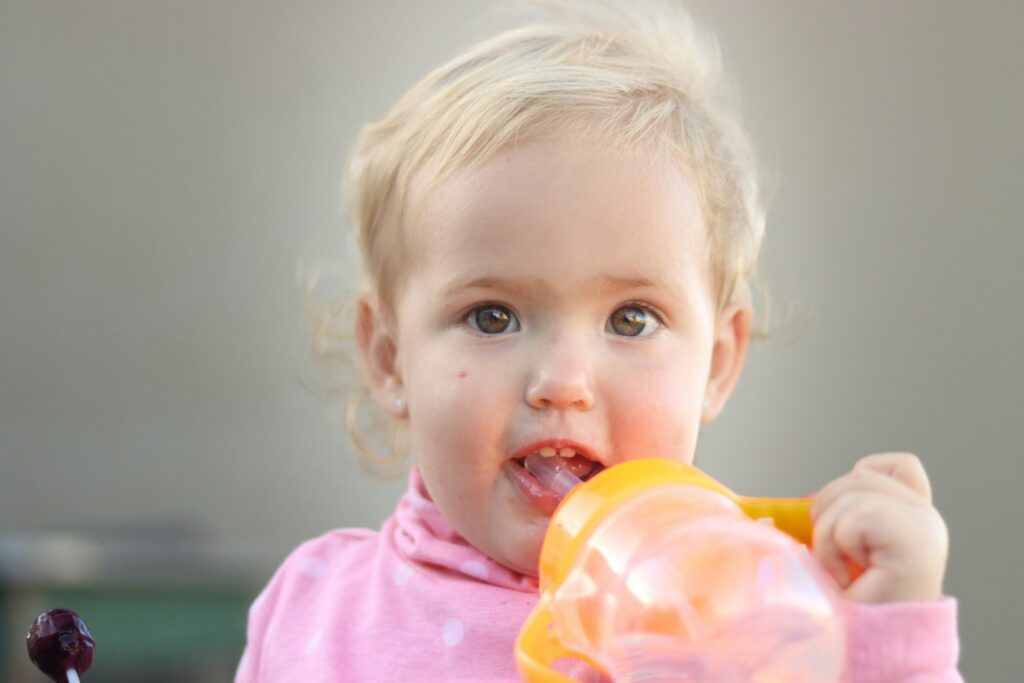Biting in toddlers is common, and it is not associated with ”bad behaved” children. Toddlers who bite may cause safety concerns when with other children, and this may be embarrassing and frustrating for the parent. Understanding the reasons for this disturbing action can help parents and caregivers better tackle the situation.
Why do toddlers bite?
- Lack of Language Skill: There are a number of reasons your toddler could bite. Most often, toddlers bite because they lack the language or emotional skill to express themselves in a better accepted way.
- Emotional Overwhelm: Toddlers feelings are hard for them to manage. To express anger, excitement, frustration, or sadness, they could choose to bite.
- Attracting Attention: Toddlers may be trying to get the undivided attention of someone (which is not always possible), who may not be responding how they would like, and so they may bite. They don’t seem to know how to respond to divided attentions.
- Teething Discomforts: Popping molars maybe the reason your toddler is biting
- Oral stimulants: Putting objects into the mouth is very common among babies but gradually reduces as they grow. Nevertheless, some babies still crave having things in their mouth so they may bite.
- Behavioral Experiments: Toddlers may just bite to satisfy their curiosity. The same way they throw down objects to see resultant reactions.
- Overstimulated toddlers may bite. Some toddlers are sensitive to overcrowding, bright lights, or even loud noises. Too much energy may cause a toddler to bite.
What should be your reaction?
Try to understand the root cause of your toddlers biting. Help them learn better accepted behaviours and take notice of patterns and triggers.

